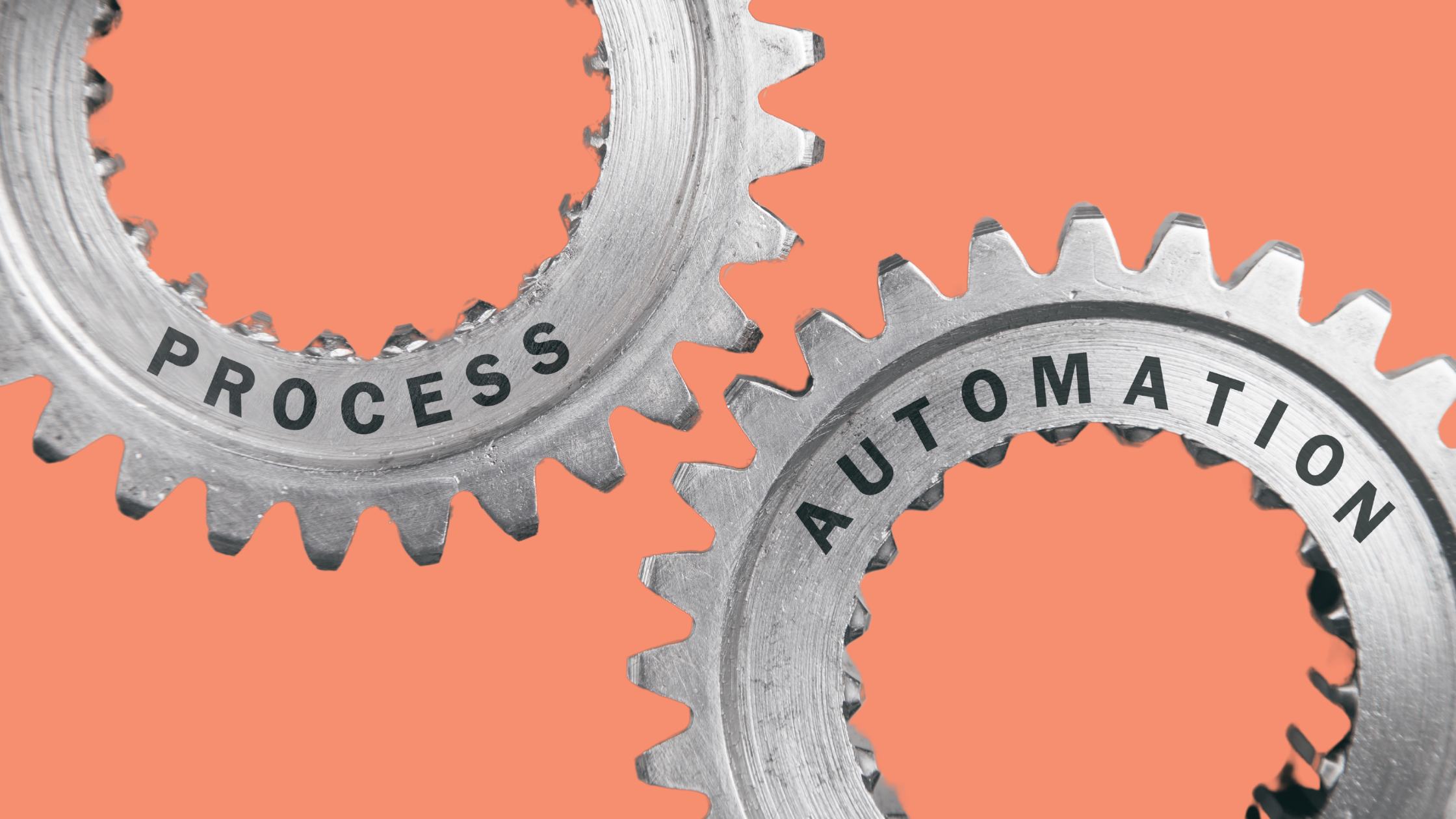Key Metrics Every Medical Practice Should Track
In the dynamic and fast-paced environment of medical practices, tracking key metrics is essential for ensuring operational efficiency, improving...
3 min read
 Cory Legere, Cory Legere Consulting, athenahealth Expert
Aug 5, 2024 9:51:35 AM
Cory Legere, Cory Legere Consulting, athenahealth Expert
Aug 5, 2024 9:51:35 AM
In the modern era of healthcare, the use of big data has become instrumental in transforming patient care and improving operational efficiency. For medical practice owners, administrators, and healthcare professionals, leveraging big data can lead to better patient outcomes, streamlined operations, and more informed decision-making. This blog explores how big data can be used to enhance patient care and optimize practice performance, supported by relevant data points and sources.
Big data in healthcare refers to the massive volumes of data generated by digital technologies such as electronic health records (EHRs), medical imaging, genomic sequencing, wearable devices, and more. This data, when analyzed effectively, provides actionable insights that can drive improvements in patient care and operational efficiency.
Predictive analytics uses historical data and machine learning algorithms to predict future health outcomes. This approach can identify patients at risk of developing chronic conditions, enabling early intervention and preventive care.
A study published in the Journal of Medical Internet Research found that predictive analytics can reduce hospital readmissions by up to 20% by identifying high-risk patients and implementing targeted interventions source.
Big data allows for the creation of personalized treatment plans based on individual patient data, including genetic information, lifestyle factors, and medical history. This personalized approach ensures that patients receive the most effective treatments tailored to their specific needs.
Research from Nature Medicine indicates that personalized medicine can lead to better treatment outcomes, with a 60% improvement in response rates for cancer therapies compared to traditional methods source.
Big data enables healthcare providers to engage patients more effectively by offering personalized health recommendations, reminders, and educational resources. This increased engagement leads to better adherence to treatment plans and improved health outcomes.
A study by McKinsey & Company found that digital health interventions, supported by big data, can increase patient engagement by 35%, leading to higher satisfaction and better health outcomes source.
Analyzing operational data helps medical practices optimize resource allocation, reduce waste, and improve workflow efficiency. Big data analytics can identify patterns and inefficiencies, allowing practices to implement data-driven improvements.
The Healthcare Financial Management Association reports that big data analytics can reduce operational costs by up to 15% by optimizing staffing levels, reducing unnecessary tests, and streamlining administrative processes source.
Big data provides healthcare professionals with comprehensive insights that enhance clinical decision-making. By integrating data from various sources, providers can make more informed decisions, leading to better patient outcomes.
According to a report by PwC Health Research Institute, 95% of healthcare executives believe that big data analytics improves clinical decision-making and patient care quality source.
A case study published in BMJ Open Quality demonstrated the impact of big data on patient care and operational efficiency. By integrating big data analytics into their practice, a hospital was able to:
To effectively harness the power of big data, consider the following steps:
Choose analytics tools that integrate seamlessly with your existing systems and provide robust data analysis capabilities. Ensure these tools can handle large volumes of data and offer actionable insights.
Provide comprehensive training for your staff to utilize big data analytics tools effectively. This includes understanding how to interpret data, apply insights to clinical and operational decisions, and stay updated on the latest data analytics trends.
Implement stringent data quality and security measures to protect patient information and ensure the accuracy of your data. This includes regular data audits, encryption, and compliance with healthcare regulations such as HIPAA.
Regularly review data insights and adjust your strategies based on the findings. Continuous monitoring allows you to identify new trends, address emerging issues, and refine your approach to optimize patient care and operational efficiency.
Harnessing big data is essential for enhancing patient care and optimizing practice performance. By leveraging predictive analytics, personalized treatment plans, improved patient engagement, operational efficiency, and better clinical decision-making, medical practices can achieve significant improvements in patient outcomes and operational success.
Investing in big data analytics tools, training staff, and ensuring data quality and security will enable your practice to stay at the forefront of modern healthcare, delivering high-quality care and achieving long-term success.
By adopting a data-driven approach, your practice can navigate the complexities of the healthcare landscape with confidence, making informed decisions that drive continuous improvement and excellence in patient care.

In the dynamic and fast-paced environment of medical practices, tracking key metrics is essential for ensuring operational efficiency, improving...

Handling high patient volumes is a common challenge for medical practices. Peak times can strain resources, increase wait times, and impact the...

In today’s healthcare landscape, data is often the missing link to fully unlocking the efficiency of your practice. The information stored in your...

In today's fast-paced healthcare environment, automation has emerged as a powerful tool to reduce administrative burdens and enhance operational...
.png)
Common reasons for patient appointment delays and the need for practices to optimize their scheduling processes and improve patient communication to...